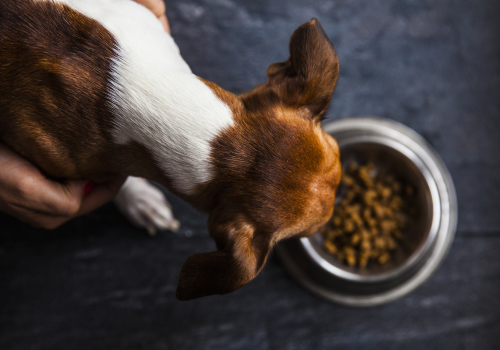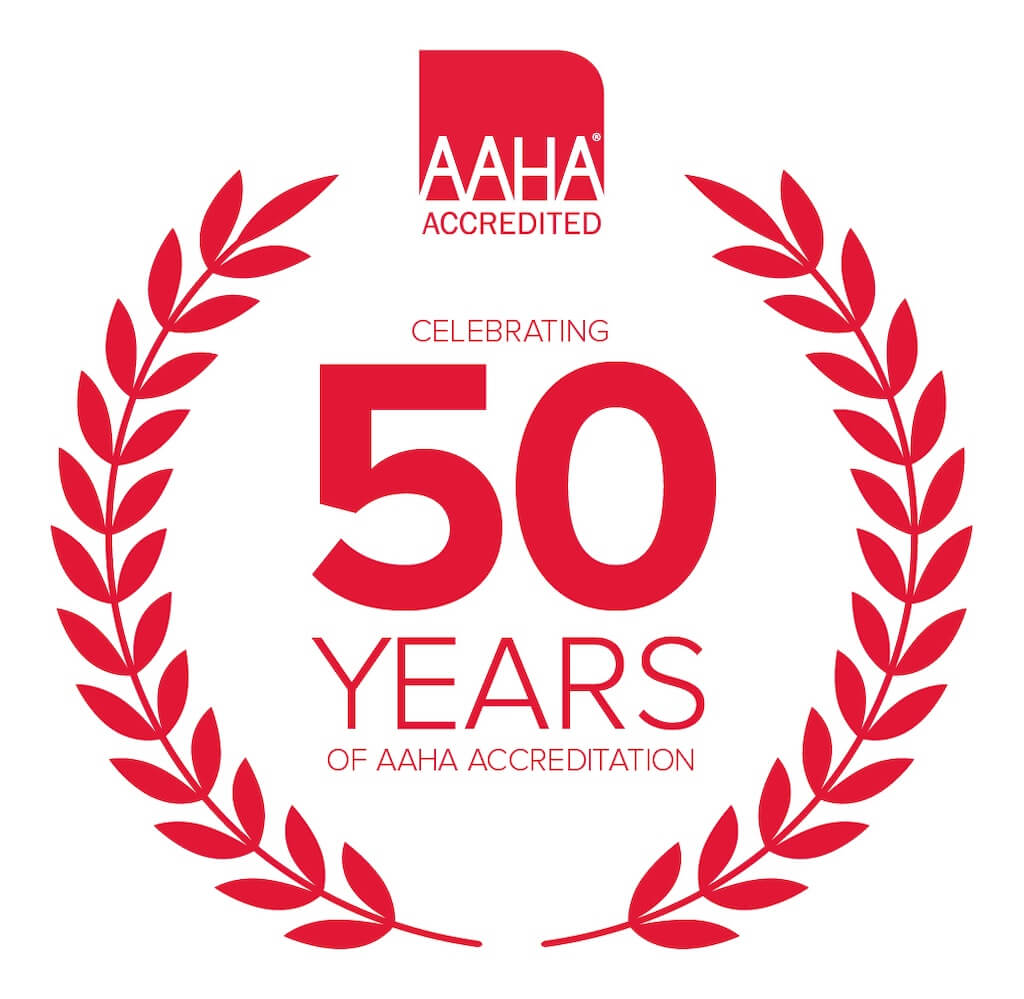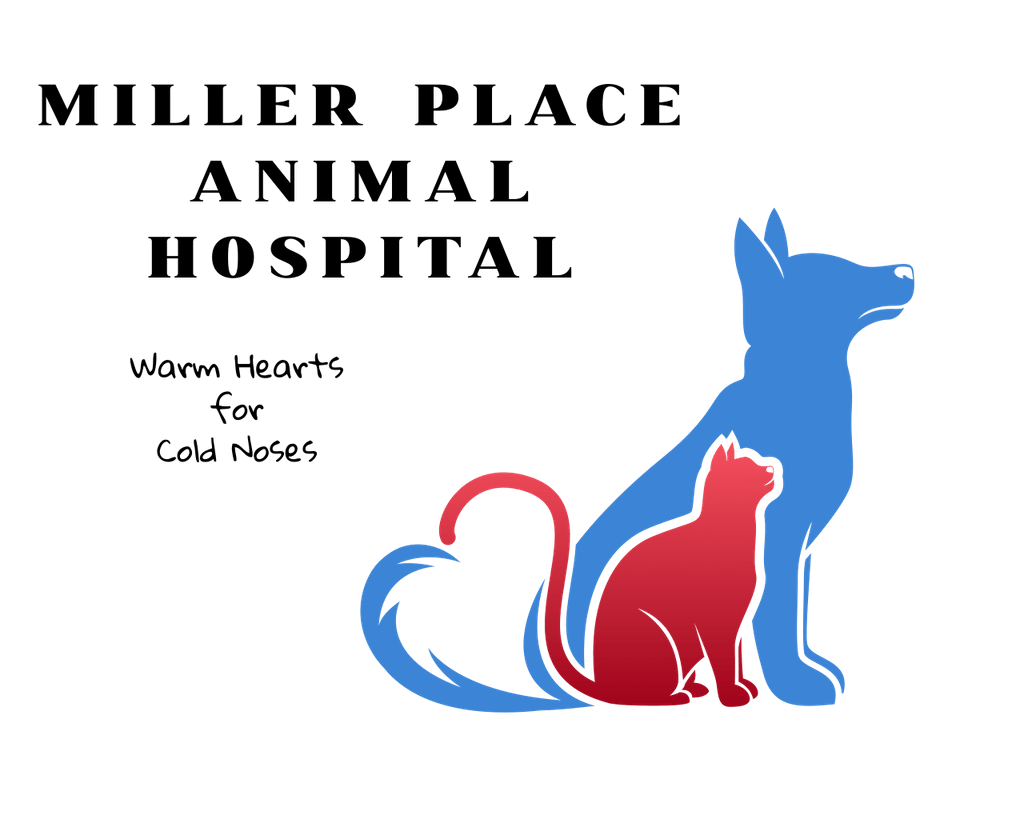Dog nutrition is likely an even more critical topic than most pet owners realize, as getting your dog on a good path affects their health and longevity. Thankfully, you've turned to the internet for answers, and we're glad that you found us! At Miller Place Animal Hospital, we diligently work to ensure you get the information you need to keep your pet as healthy as possible. Unfortunately, it's far too easy to be led astray by misinformation you can find online. That's why we've answered the most frequently asked questions about dog nutrition thoroughly and accurately so that you can get your dog on the path to optimal wellness through good nutrition.
If you're looking for a highly trained veterinarian in Miller Place, NY, we'd love to help you care for your dog and any other pets that you have. If your dog last had a wellness exam a while ago (or ever!), that's the first order of business, so please call us right away at (631) 744-2050.
What is the right food to feed my dog?
The right food for your dog depends on the life stage—puppy, adult, or senior dog. Ideally, puppies are still nursing from their mom in the beginning. If not, we may have them transition to a liquid, if not a calorie-rich wet diet.
As veterinarians, we know that choosing dog food can be very confusing, as many different companies are in the market. When selecting food, it's a safer bet to stick with companies with a veterinary nutritionist on staff to ensure the food is safe and won't harm your dog or have any nutritional deficiencies.
What are the life stages of feeding my dog?
We break the life stages down of a dog into three important categories. First, we have the puppy lifestyle when they're rapidly growing. Their energy needs are incredibly high, so that those foods will be higher in protein and higher in carbohydrates. We have our middle-aged or adult dogs that are not growing anymore. And then we have the senior foods. Animals reach senior status at different ages, based on the breed and the size of the animal. For instance, a Great Dane may be considered elderly at six or seven. And a little tiny poodle may be considered elderly more when they're 12 and older. Senior foods are generally lower in protein and usually have joint supplements in there as well. They may be lower in phosphorus and calcium. Because of these very specific age-related needs, we would not recommend food referred to as "all stages."
How do I wean my puppy and get them on regular food?
When a puppy is four or five weeks old, they can start weaning off their mother's milk. Transitioning to a liquid diet isn't ideal—instead, consider switching to a wet food diet, which still has a lot of moisture in it and is easy to eat. If you go with dry food, make sure to wet it with some water.
The transition is important throughout their life—even when they're older and you decide to change foods/brands, we recommend slowly transitioning over one to two weeks.

Should I feed my dog on a schedule?
We recommend feeding puppies on a schedule. You can monitor how much they eat and that they don't play so hard that they fall asleep and then forget to have lunch. So we recommend that they have breakfast, lunch, and dinner. And then the other thing about that is it's generally easier to get them housebroken if they are on a schedule.
Depending on their size and breed, you should also feed some adult dogs on a schedule. If they're a smaller, toy breed dog, it's a good idea to feed them more than two times a day—sometimes three to four times a day—to help keep their blood sugar up. Sometimes people feed their dogs twice daily, while others let their dogs graze or free feed. The latter is not recommended for dogs with no self-control, as they will sit at a bowl and gorge themselves until they are sick. So you need to figure out the best routine for your dog. And you will know if you're feeding the dog properly by looking at their weight history. So we want to keep them at an ideal weight and ensure we don't have any drastic weight gain or weight loss.
How do I know if my dog's nutrition is suffering?
Your veterinarian is the best resource for determining whether your dog's nutrition is suffering. However, there are things you can look for at home.
Some signs or symptoms that your dog's nutrition may be suffering are:
- Dry fur tells you that they are not getting the right oils and minerals in their diet
- Joint issues
- Weight Loss
- Weight gain
- Lethargy
How do I know if I'm feeding my dog too much?
Your veterinarian will be able to determine that based on the body condition score, so we'll feel their hips and ribs to see if they might be overweight. Conversely, if we can feel the ribs really prominently and their hips sticking out, perhaps they need to get more food. If you look straight down at a dog, they should be rounded—not squared off. And if you look at a dog from the side, their tummy should be tucked up a bit instead of sagging down.
Your veterinarian will also ask questions about your dog's health at home. Are they really lethargic? Do they get winded fast? What and how much are you feeding them? Using the body condition score, your veterinarian can give you the number of calories they recommend for your dog.
What are the essential nutrients my dog needs?
The essential nutrients a dog needs are very similar to central nutrients in humans—proteins, fats, carbohydrates, vitamins, minerals, and water. This is particularly important right now, as you may have heard the dangerous myth that dogs should get grain-free diets. Those grains, or carbohydrates, are actually a critical part of the dog's diet.
How will a veterinarian be able to assess whether my dog is getting proper nutrition?
That's one of the reasons we recommend that all dogs have a wellness exam once a year. It's an excellent time to talk about their weight, look at their teeth, listen to their heart and lungs, check their hair coat, mucous membrane color, and the shininess of their eyes, and ask questions about their behavior. Sometimes, if there is a problem, the issue could be related to nutrition; other times. It could be a different disease. Either way, it's the perfect opportunity to discuss that and then talk about your dog's lifestyle and what changes you need to make for them as they age. If we find things like dental disease, we may recommend transitioning to kibble to help break up the tartar.
Veterinarians keep an accurate weight history on your animal; yearly blood work will ensure the organ's function looks great. And again, we'll do the body condition scale to make sure that their nutrition is adequate.

There are so many brands of dog food. How do I know what is the best one for my dog?
Choosing a food for your pet can be challenging, as many options exist. All of them have components that are beneficial. Certain companies do more research and ensure that their diets are formulated appropriately, and then there are also prescription diets formulated specifically for certain pets and their conditions. Again, stick with the bigger companies that make research-based decisions.
Veterinarians are excellent sources of information. We follow nutrition and have specialists to talk to about nutrition. In fact, we often make calls to the nutritionists and toxicologists on board at dog food companies to ask questions about specific patients.
When would my dog need a prescription diet?
A prescription diet is typically used when conditions arise, although we can sometimes use it as a preventative measure in some dogs. For example, if your dog has joint issues, there are prescription diets with certain things like glucosamine and chondroitin that lubricate the joints. Also, diabetic or overweight dogs can benefit from food with higher protein and lower carbohydrates that make them feel full. Many veterinarians recommend those kinds of prescription diets because weight gain is one of the biggest issues we see in veterinary medicine, and obesity can shorten your dog's life by two years. Older dogs often get kidney issues and may also need a prescription diet to help with that.
Go with your gut—if something seems off about your dog's nutrition, consult your veterinarian immediately, as getting them on the right nutrition path is crucial to their development and quality of life.
If you still have questions about dog nutrition, please don't hesitate to call us at (631) 744-2050 or email us at [email protected].



